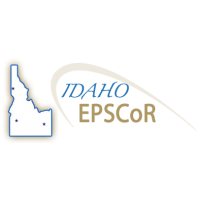Community Engagement with Satellite Imagery
The Global Learning and Observations to Benefit the Environment (GLOBE) Program has been providing students and the public worldwide with the opportunity to meaningfully contribute to our understanding of the Earth system and global environment...

